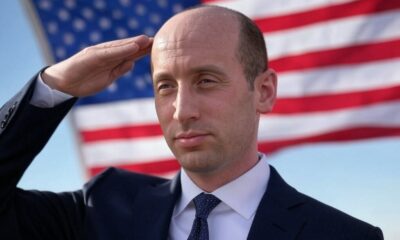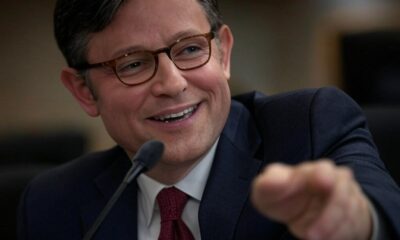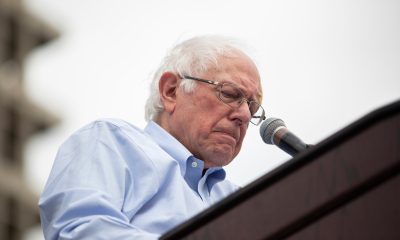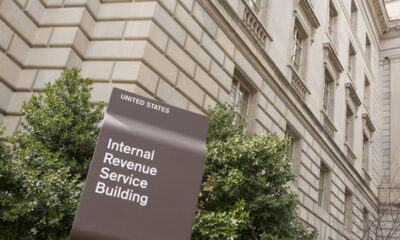Biden’s Ties To Education Sector May Explain Student Loan Forgiveness Push

In the wake of President Joe Biden’s decision to cancel up to $20,000 in student loan debt for millions of Americans, many conservative critics were quick to condemn the move as unfair to borrowers who dutifully paid off their loans as well as Americans who decided to forgo higher education entirely.
Even some on the left came out against the plan, with some progressives complaining that it did not go far enough and more moderate Democrats expressing concerns about the impact on inflation and the bad precedent it might set.
In her reaction to the news, Maya MacGuineas of the Committee for a Responsible Federal Budget pointed out that the decision to cancel student loan debt “would do nothing to actually make education more affordable, and if anything, this policy will drive up tuition costs while raising prices on a variety of other goods and services for ordinary Americans.”
A less conspicuous aspect of Biden’s executive action can be found in the fundraising reports from his 2020 presidential campaign. With nearly $65 million in contributions from donors within the realm of higher education, the industry represented his largest source of donations throughout the election cycle.
On a more personal level, Biden has apparently used the education sector to add to his family fortune. In the wake of his term as vice president during the Obama administration, the University of Pennsylvania reportedly offered him a position as a professor and a whopping $911,000 — all without requiring him to actually teach students.
Amy Gutmann, who was president of the university when Biden received the lucrative offer, has since been appointed the U.S. ambassador to Germany. The president also selected the University of Pennsylvania’s former board of trustees chair to serve as America’s Canadian ambassador.
Biden’s connection to higher education also extends to his pick to serve as his economic adviser. In order to accept the White House position, Cecilia Rouse, who has been a proponent of student loan forgiveness, took a leave of absence from her post at Princeton University.
The bottom line is that college tuition is roughly 37 times higher than it was in 1963, far outpacing the rate of inflation over the same period. Between 2010 and 2020, college became nearly 5% more expensive each year.
As University of Minnesota law professor Richard Painter explained, Biden’s loan forgiveness plan does nothing to address this core financial concern, allowing bureaucrats and administrators in the education sector to continue getting richer.
He noted that if Biden had allowed Congress to weigh in on his plan, the allocation of federal funds could have been tied to limiting the rise in tuition costs. Instead, the president appears to be serving the interest of higher education once again.
Painter concluded: “It’s time to recognize that higher education is an enormous industry and it has a very powerful lobby.”






















